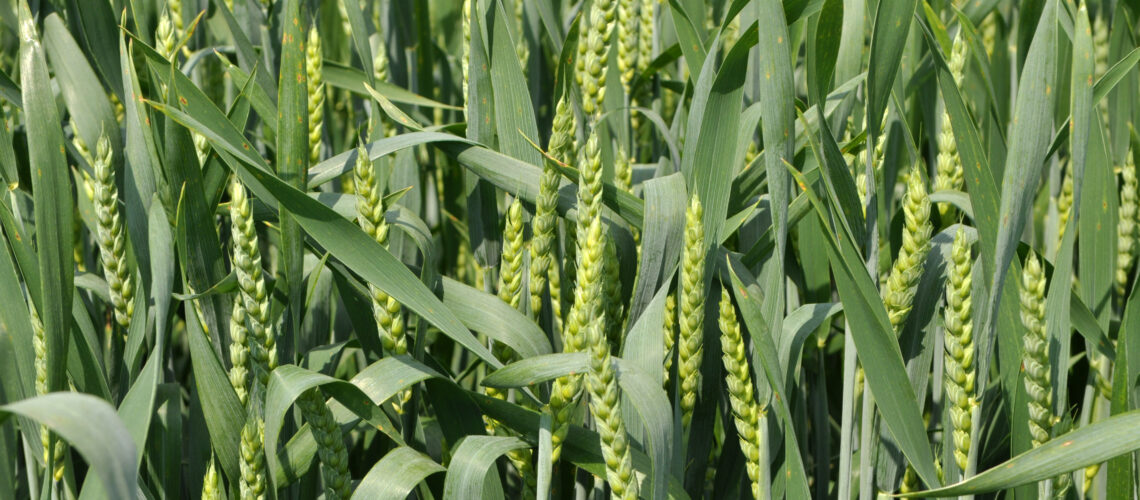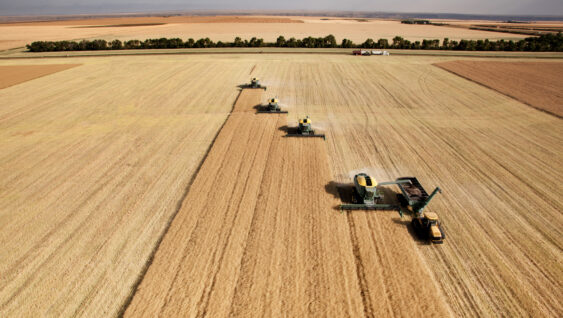Alan Blaylock, Ph.D.

Alan Blaylock, Ph.D.
Nutrien
Senior Agronomist
Dr. Alan Blaylock brings extensive North American and international experience in nutrient management to the agronomy team. University studies and service as a university extension soils specialist prepared him for a long career in the fertilizer industry. Having managed both domestic and global research and education programs, Dr. Blaylock has a wealth of experience in applying science-based nutrient management principles and products to solving practical questions. Dr. Blaylock earned Bachelor of Science and Master of Science degrees in agronomy and horticulture from Brigham Young University and a Ph.D. in soil science from Iowa State University. He has been in agriculture his entire life — from his childhood on an irrigated farm in eastern Oregon to teaching soil science at Iowa State University to his current role as an agronomist at Nutrien. These diverse experiences helped Dr. Blaylock develop the skills to excel in translating complex scientific principles into practical solutions. Although early in his university studies he explored computer science as a profession, deep family roots in agriculture brought him back to the people and values of his heritage. His career satisfaction comes from helping others improve the performance of nutrients and cropping systems. Dr. Alan Blaylock is a recipient of the 2022 Great Plains Soil Fertility Conference Leadership Award. The Fluid Fertilizer Foundation also recognized Dr. Alan Blaylock with the Werner Nelson Award for his outstanding contributions in the development of soil fertility practices and plant nutrition management to increase crop yields for the benefit of North American farmers and consumers



